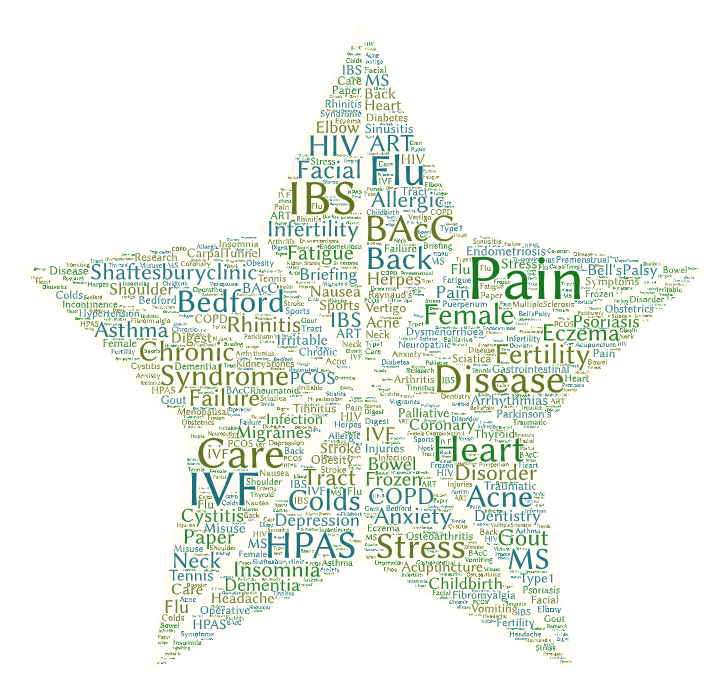Acupuncture is a popular choice for women for a number of issues relating to the menstrual cycle, fertility, pregnancy, post-partum and the menopause.
Important to know: Chronic health conditions should be addressed under direct medical supervision of your GP or consultant, and acupuncture would be an adjunct or complement to usual care – we advise that you let you doctor know when you use this approach.
Acupuncture is safe in pregnancy, but do ensure you tell your midwife (and consultant if you are under one) that you’re using it, and also tell your acupuncturist, as there are certain points which must be avoided in pregnancy.
Below (under Resources) is a list of specific conditions for which the British Acupuncture Council (BAcC) has produced evidence-based factsheets regarding women’s health.
The BAcC has also produced a paper on gynaecology and acupuncture, which in addition looks at the use and evidence of effectiveness of acupuncture in dysmenorrhoea, dysfunctional uterine bleeding and chronic pelvic inflammatory disease, where the BAcC concluded that there is a growing body of evidence to support the value of acupuncture in addressing these gynaecological conditions.
About the research:
It is worth noting that in research, randomised controlled studies (RCT) are the most reliable in terms of quality of evidence, with a systematic review or meta analysis of numerous studies being the best way of seeing the overall picture of the state of the evidence. Below we have a selection of the available research, which does include some larger RCTs, and reviews of the literature alongside smaller studies. The n= figure tells you how many people were participants in the study.
Mechanisms of action:
Acupuncture has also been shown to affect certain areas of the brain, which influence particular hormones involved in the menstrual cycle. It is thought that acupuncture balances the hormonal system by controlling the hypothalamic-pituitary-adrenal (HPA) axis. The hormones and neurotransmitters that have been shown to be thus influenced in scientific studies include:
- Gonadotrophin releasing hormone (GnRH)
- Lutenising hormone (LH)
- Cortisone
- Follicle Stimulaitng Hormone (FSH)
- Prolactin (PRL)
- Oestrogen uptake
- Testosterone levels
- Beta-endorphin levels
See our Fertility and Pregnancy page for full details on the studies and mechanisms of the above.
Resources:
The British Acupuncture Council has several relevant evidence based factsheets about Women’s Health, including specific research, trials and mechanisms of action for acupuncture in these conditions.
BAcC Childbirth and acupuncture factsheet
BAcC Dysmenorrhoea (painful periods) and acupuncture factsheet
BAcC Diabetes (includes Gestational Diabetes)
BAcC Endometriosis and acupuncture factsheet
BAcC Female Fertility and acupuncture factsheet
BAcC Fertility and IVF briefing paper
BAcC Menopausal Symptoms and acupuncture factsheet
BAcC Obstetrics (pregnancy and childbirth) and acupuncture factsheet
BAcC PCOS (Polycystic Ovarian Syndrome) and acupuncture factsheet
BAcC Premenstrual Syndrome and acupuncture factsheet
BAcC Puerperium (postnatal / postpartum) acupuncture factsheet
The British Acupuncture Council also has a review paper on Gynaecology and acupuncture: The evidence for effectiveness
Our own page on Fertility, Pregnancy and Acupuncture
Our own blog on Acupuncture and Menopause

